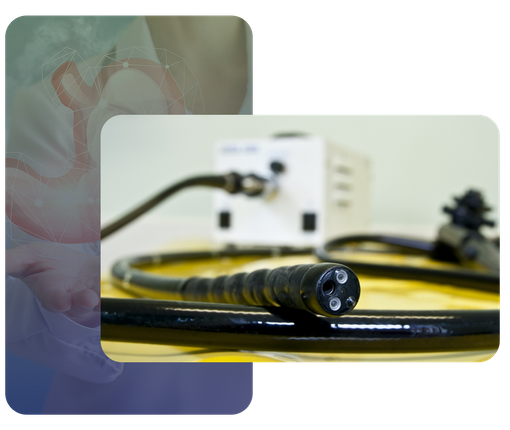Determine The Cause of Intestinal Problems With a Flexible Sigmoidoscopy
Colon polyps, abnormal growths on the inner surface of the large intestine, are one of the most common colorectal conditions, affecting roughly 15 to 20 percent of the adult population. They can occur anywhere in the large intestine or rectum, but are more commonly found in the left colon, sigmoid colon, or rectum. A flexible sigmoidoscopy is one of the best to detect polyps before they turn into colorectal cancer.
If you are experiencing symptoms such as abdominal pain, changes in bowel habits, rectal bleeding, chronic diarrhea, and other intestinal problems, the gastroenterology specialists at Northeastern Gastroenterology Associates can help determine possible causes with a flexible sigmoidoscopy exam.




